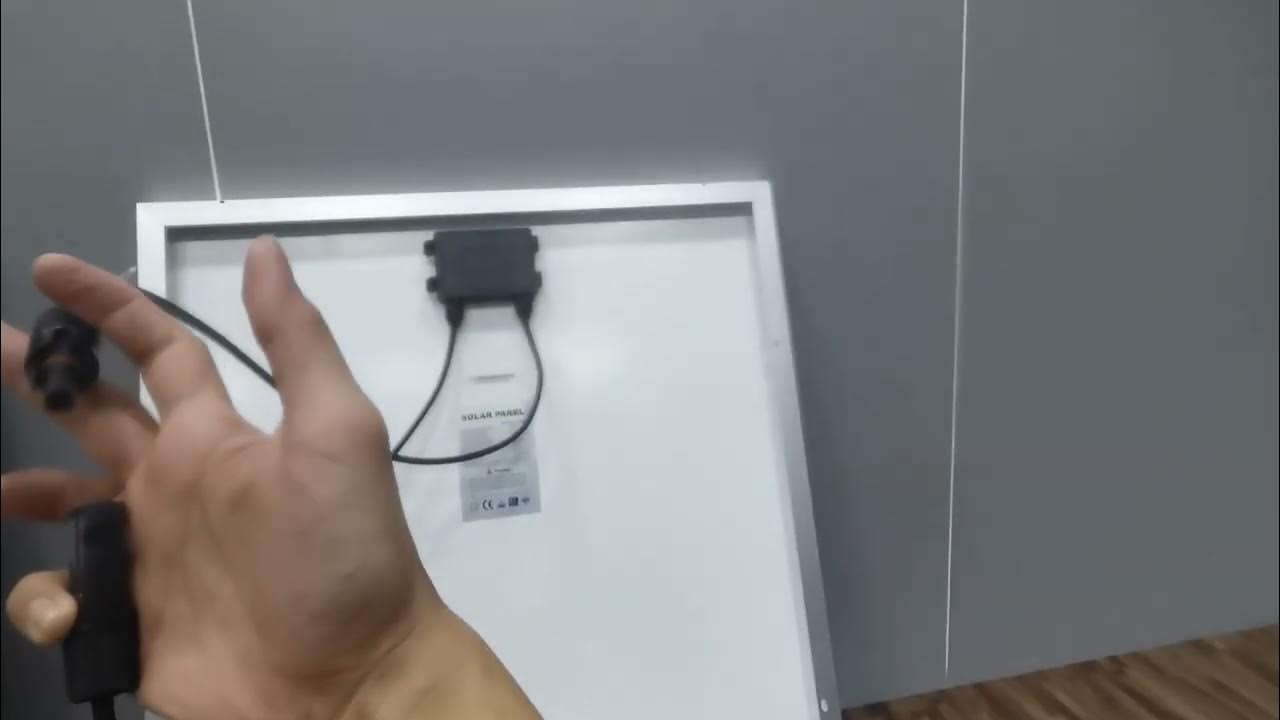Benchwork and Layout part 2
Summary
TLDRThis instructional video script details a step-by-step guide on safely operating a drill press for metalworking. It covers the process of mounting a workpiece, selecting the appropriate center drill, adjusting the drill press RPM, and ensuring safety by removing jewelry and securing hair. The tutorial demonstrates how to change belts for speed control, use cutting fluid, and perform precise drilling and tapping operations. It also includes measuring and setting the correct depth for drilling, using a countersink, and concludes with a reminder to clean up the workspace.
Takeaways
- 🔧 Start by securely mounting the workpiece in a vise to ensure stability during operation.
- ⚙️ Use the correct size center drill bit, which should be smaller than the workpiece's hole size.
- 🔄 Adjust the machine's RPM (rotations per minute) by changing the belts to achieve the desired speed for the task.
- 💡 Safety first: Remove all jewelry and ensure hair and clothing are secured to prevent accidents.
- 📊 Refer to the machine's chart for model-specific RPM adjustments and follow the guidelines for belt changes.
- 🔩 Ensure the machine is powered off and emergency stop button is accessible before making any adjustments.
- 🛠️ When changing belts, loosen the lock on the side and use the lever to move the pulley to the desired position.
- 🔩 After adjusting the belts, secure the set screw on the opposite side to lock the pulley in place.
- 💧 Use a minimal amount of cutting fluid ('cat magic') for lubrication while drilling, not for cooling.
- 📌 Center drill and then use a 5/16 drill bit followed by a 3/8 reamer for the initial hole preparation.
- 🔩 For tapping, start the tap by hand to create a few threads before using a tap wrench for the rest of the process.
Q & A
What is the first step in the process described in the script?
-The first step is to mount the workpiece in the vise device, ensuring it is centered and secure.
Why is it important to choose the right size of center punch for the workpiece?
-It is important to choose a center punch that is most appropriate for the workpiece size to avoid damaging it. A punch that is too large could be detrimental to the workpiece.
How does one change the RPM of the machine described in the script?
-To change the RPM, one must adjust the belts by moving the pulleys, as described in the script. This involves loosening the lock, moving the pulley to the desired position, and then tightening the set screw.
What safety precautions are mentioned in the script before starting work?
-The script advises removing all jewelry, ensuring hair is tied back, and taking off watches and rings to prevent them from getting caught in the machine.
What is the maximum RPM that the SP 32 model can achieve according to the script?
-The SP 32 model can achieve a maximum RPM of 290.
Why is it necessary to ensure the machine is off before changing the belts?
-Ensuring the machine is off before changing the belts is a safety measure to prevent accidents and ensure the accuracy of the belt adjustment.
What is the purpose of using 'cat magic' in the drilling process?
-Cat magic is used as a lubricant during drilling to reduce friction and prevent the drill from overheating, but only a few drops are needed.
How does the script suggest checking the depth of the drill for a specific task?
-The script suggests using a scale to measure the depth of the drill against the required dimension, such as 7/16 inches.
What is the purpose of peck drilling as mentioned in the script?
-Peck drilling is a method where the drill is repeatedly withdrawn and reinserted to clear away swarf and prevent the drill from overheating.
How does the script describe the process of starting a tap in a hole?
-The script describes starting a tap by initially threading it into the hole by hand until it is tight, then using a tap wrench to ensure it doesn't move while the machine is running.
What is the final step mentioned in the script after completing the drilling and tapping process?
-The final step is to clean up the work area, remove the workpiece, and prepare for the next task, which involves moving to the workbench.
Outlines

此内容仅限付费用户访问。 请升级后访问。
立即升级Mindmap

此内容仅限付费用户访问。 请升级后访问。
立即升级Keywords

此内容仅限付费用户访问。 请升级后访问。
立即升级Highlights

此内容仅限付费用户访问。 请升级后访问。
立即升级Transcripts

此内容仅限付费用户访问。 请升级后访问。
立即升级5.0 / 5 (0 votes)






